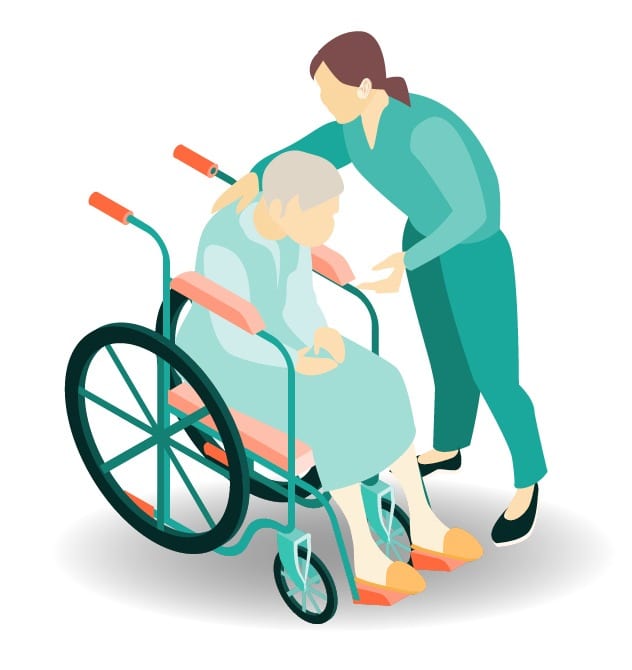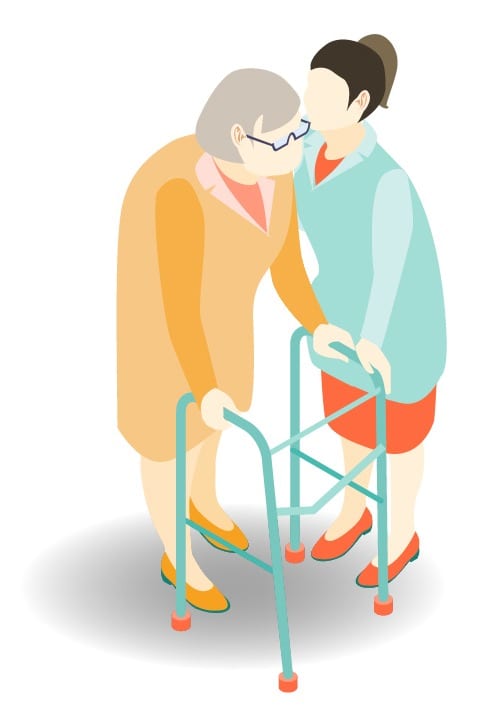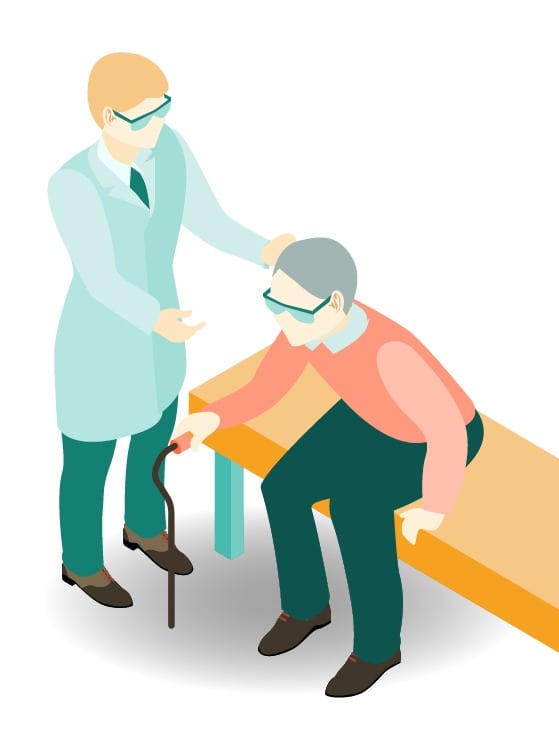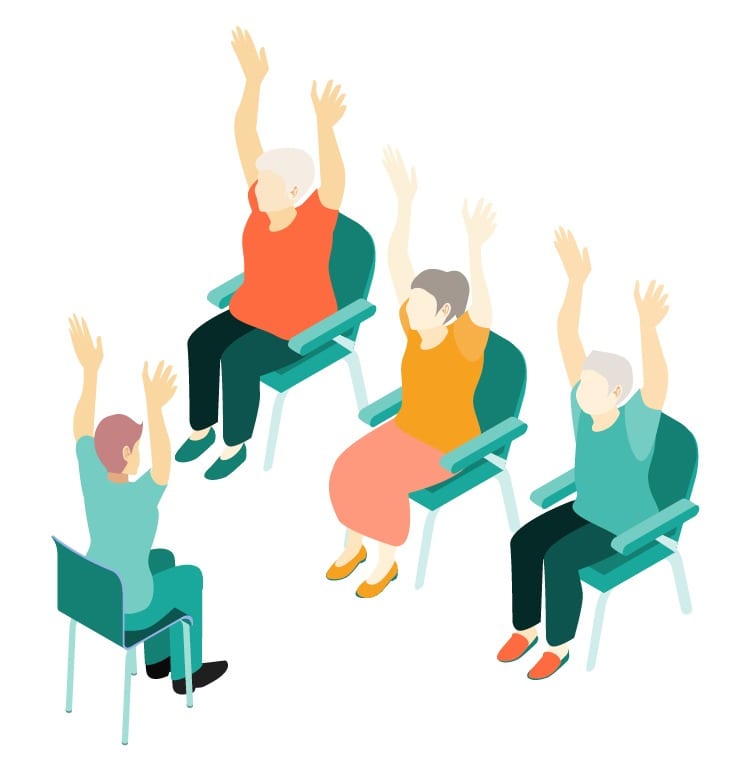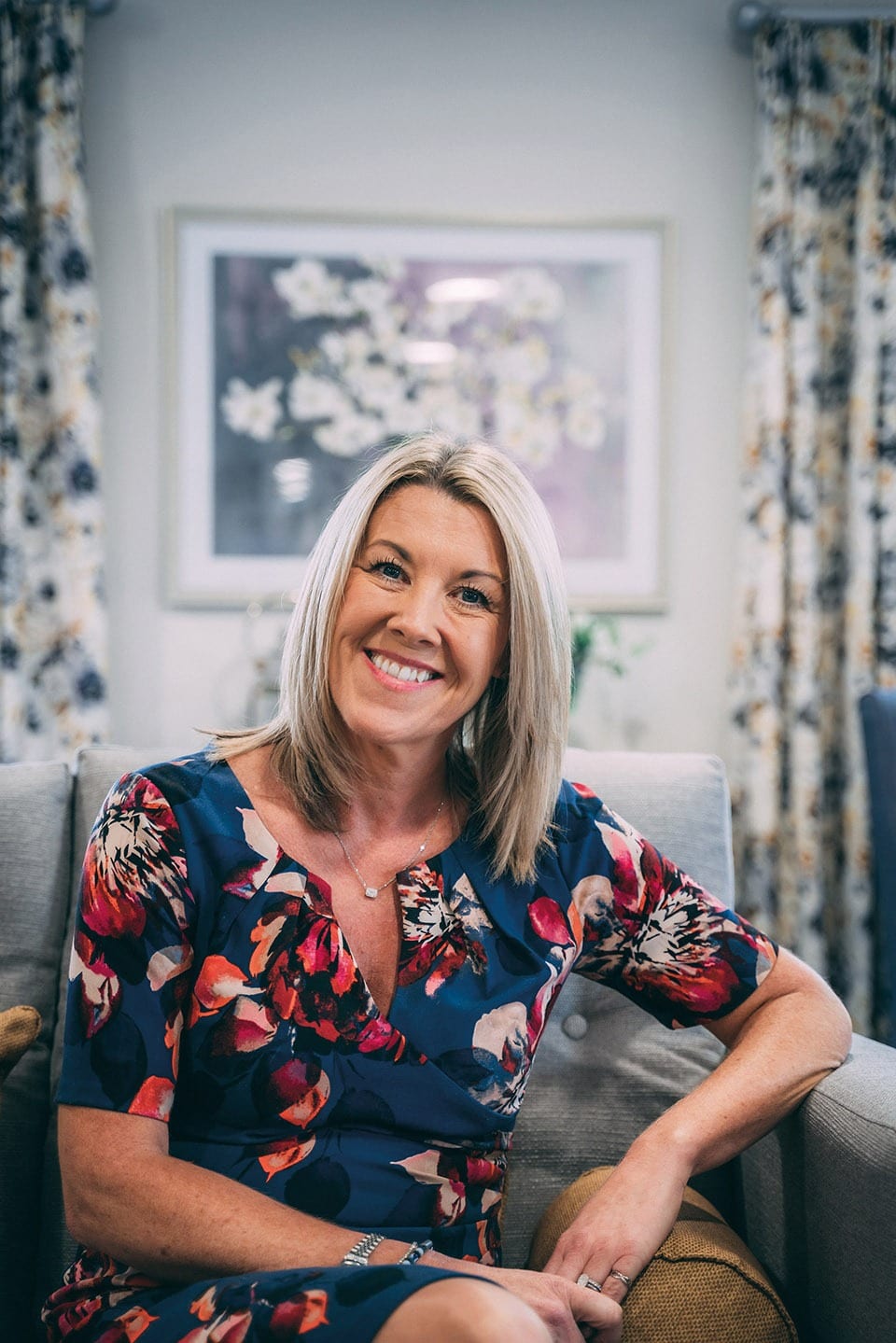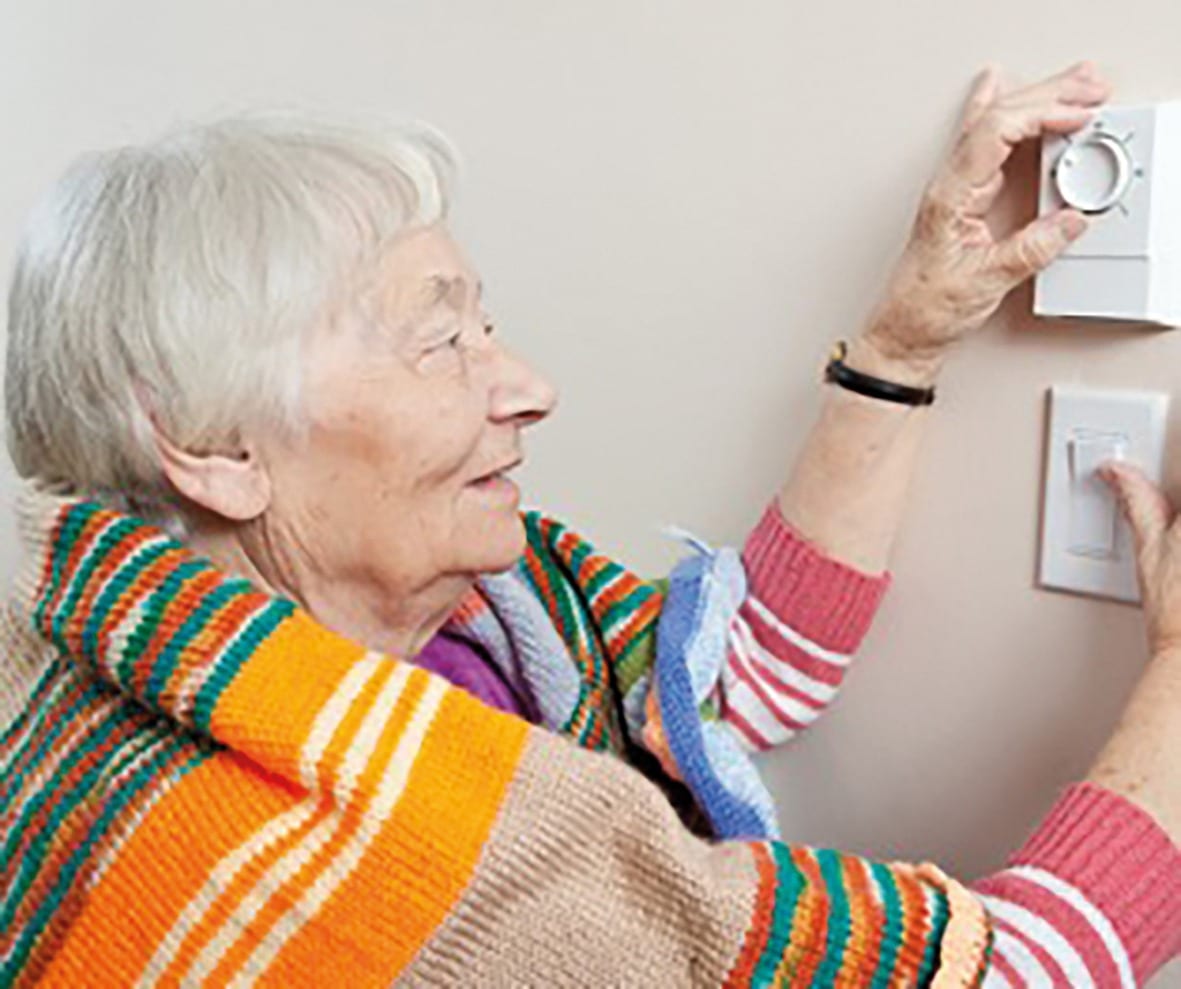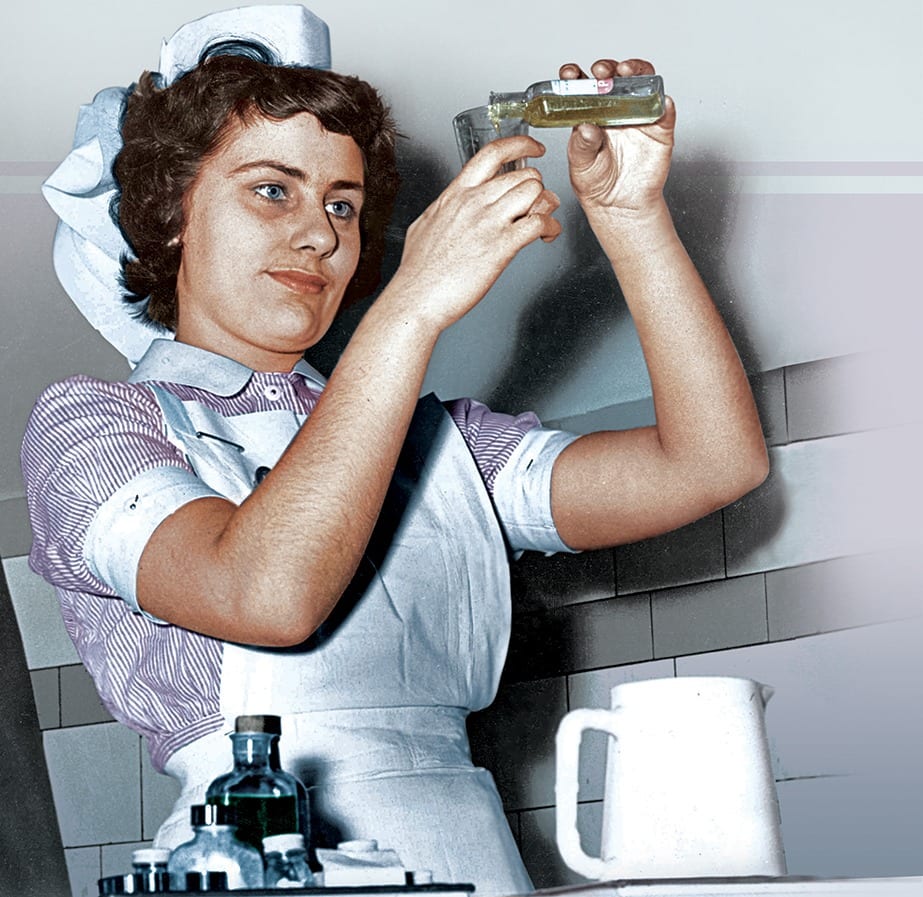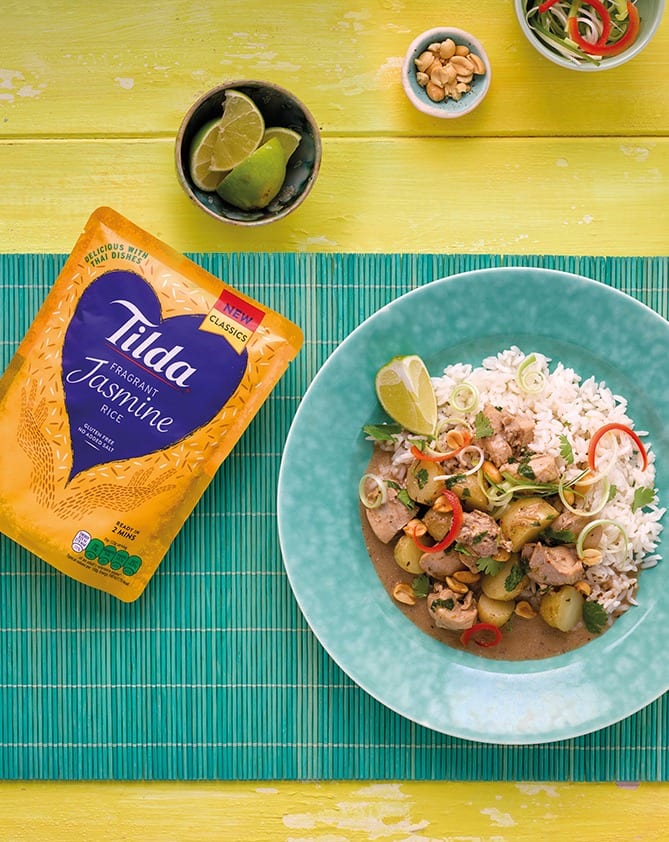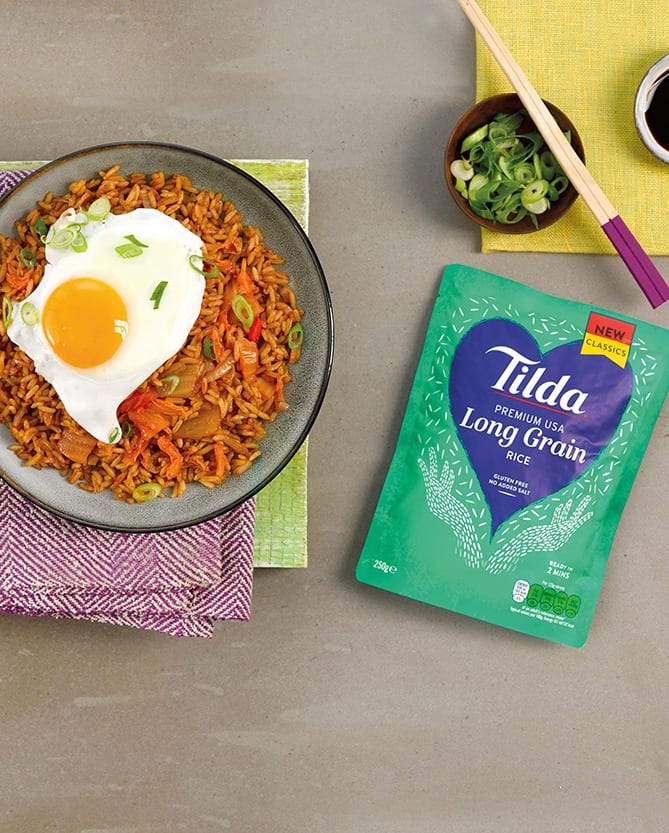Do something nice for someone today and help make the world a better place – simple!
It’s Random Acts of Kindness Day today (17th February) and whether you choose to donate your unwanted clothing, pay someone’s bus fare or just compliment a random person, do something kind for your fellow man or woman.
One Reading-based organisation is taking that a step further and holding Acts of Kindness Month in March following on from the success of last year’s successful inaugural event.
The John Sykes Foundation was established in 2014 with the aim of helping to transform the lives of people in and around Reading and it honours members of the community for their extraordinary kindness and selflessness.
This year, they want more people to share their experiences and nominate somebody brilliant, whether it be a single heroic act, anybody who consistently works selflessly for others, or someone who has been having a tough time recently.
Last year’s awards included Jason Thrower, a young man who goes above and beyond to help care for his younger brother who has Smith-Magenis Syndrome, ASD, ODD, and anxiety disorder. Jason was presented with a pair of tickets to the West End Show, School of Rock.
Margaret Horne from Tilehurst was nominated by her friend for the kindness she shows every day and was delighted to receive her bouquet of flowers.
A class of students and staff from the Tarrant Class of Brookfelds SEN School were nominated by a colleague, who told how the class is staffed by the most amazing ladies who care for the children, but unfortunately do not get out as much as other classes at the school. The eight staff were each presented with a gift box from Lush and the children enjoyed a visit from therapy dog Bali, who has now become a regular monthly visitor to the children.
Reading’s own Danyl Johnson presented those awards and will make the presentations this year as well. He said: “Without these people making a difference, a lot of people who need help wouldn’t be the same without them.
Even better when they think they don’t deserve it, which makes them deserve it even more.”
Trustee of the John Sykes Foundation, Annabelle Sykes, said it was wonderful to see so many happy faces last year and added: “We hope that the Act of Kindness awards inspire others to smile, love and do what they can for others.”
If you know someone who deserves a treat for their kindness, please send an email to nominate them. Be sure to give us their details, a contact number for yourself, why your nominee deserves this recognition, and how you would like to say thank you. This could simply be a bouquet of flowers, a spa treatment, or an outing such as a theatre trip or afternoon tea.




